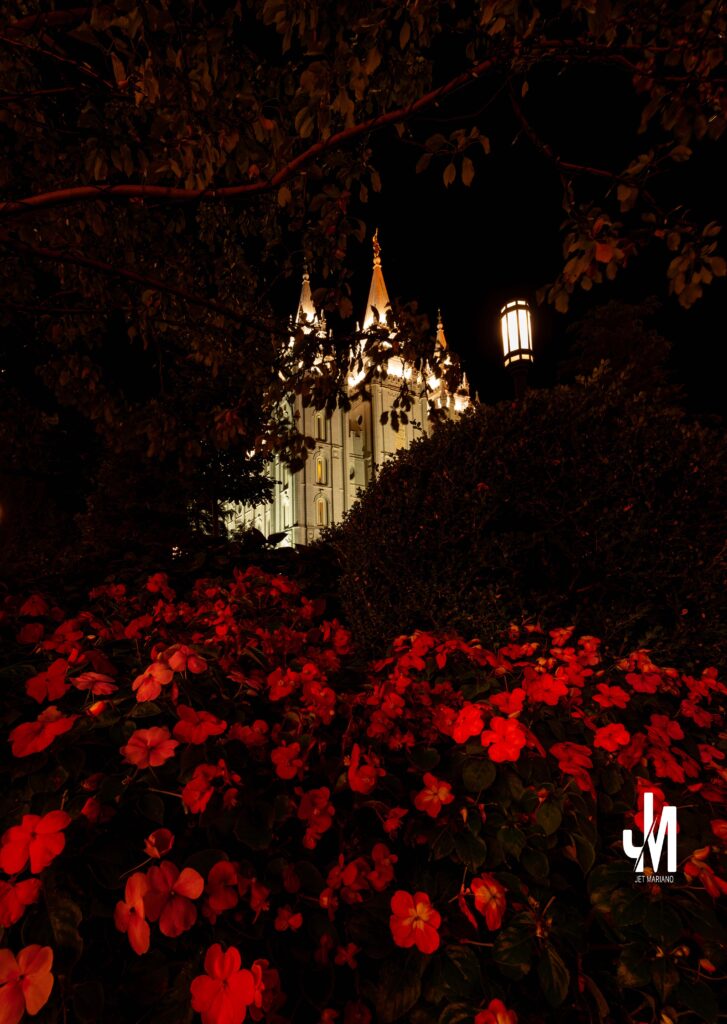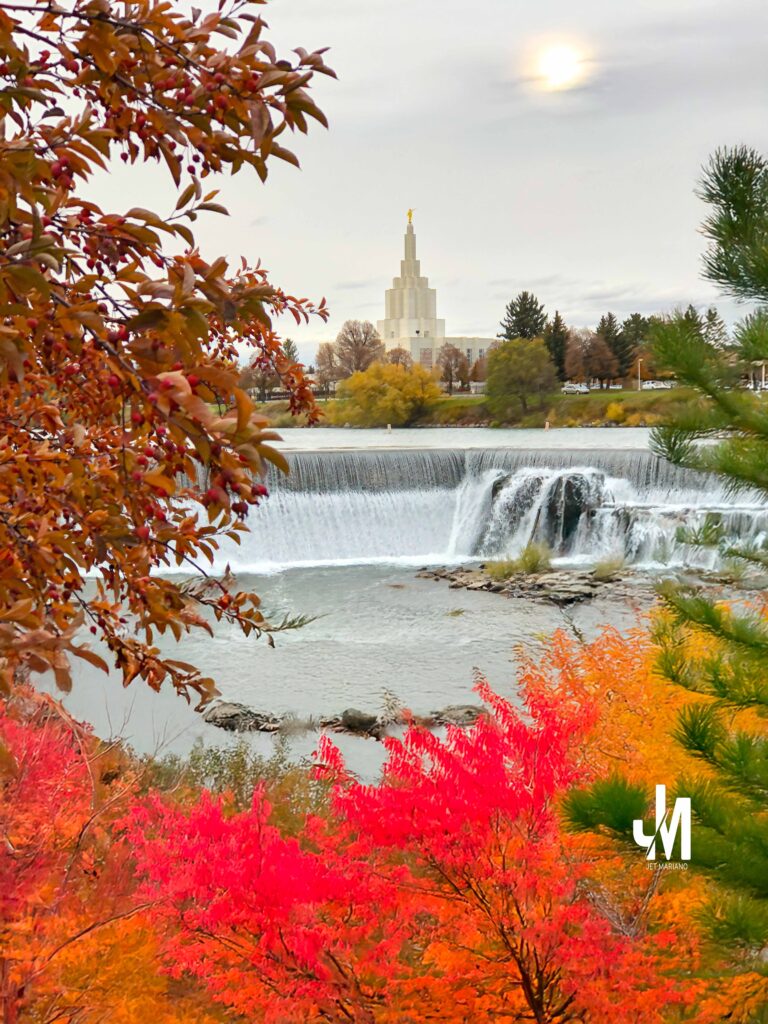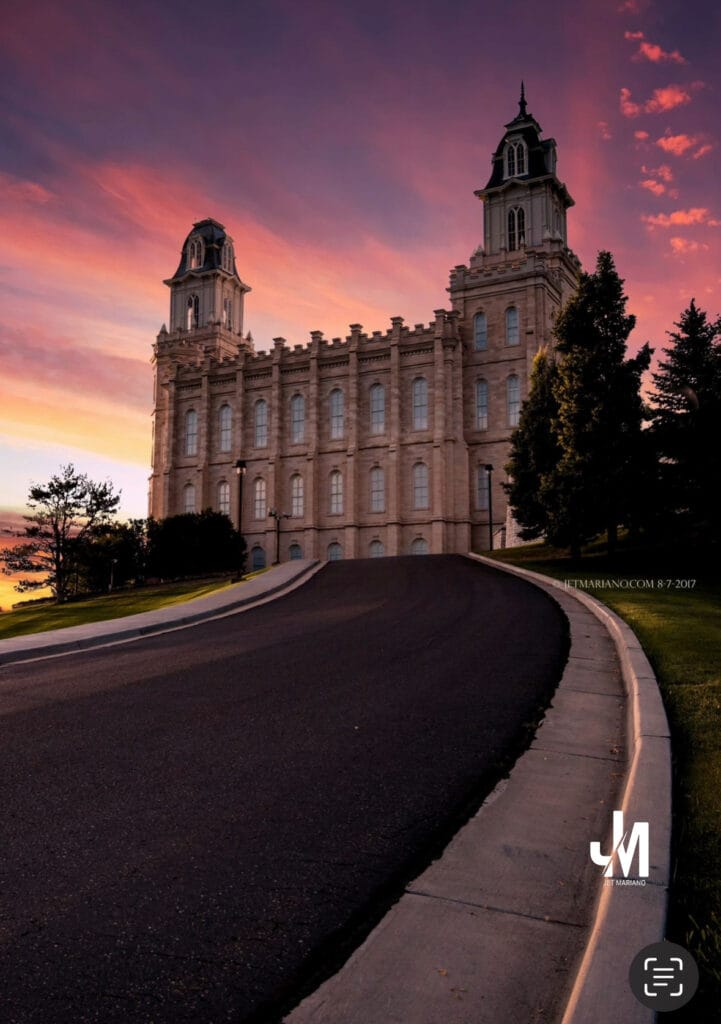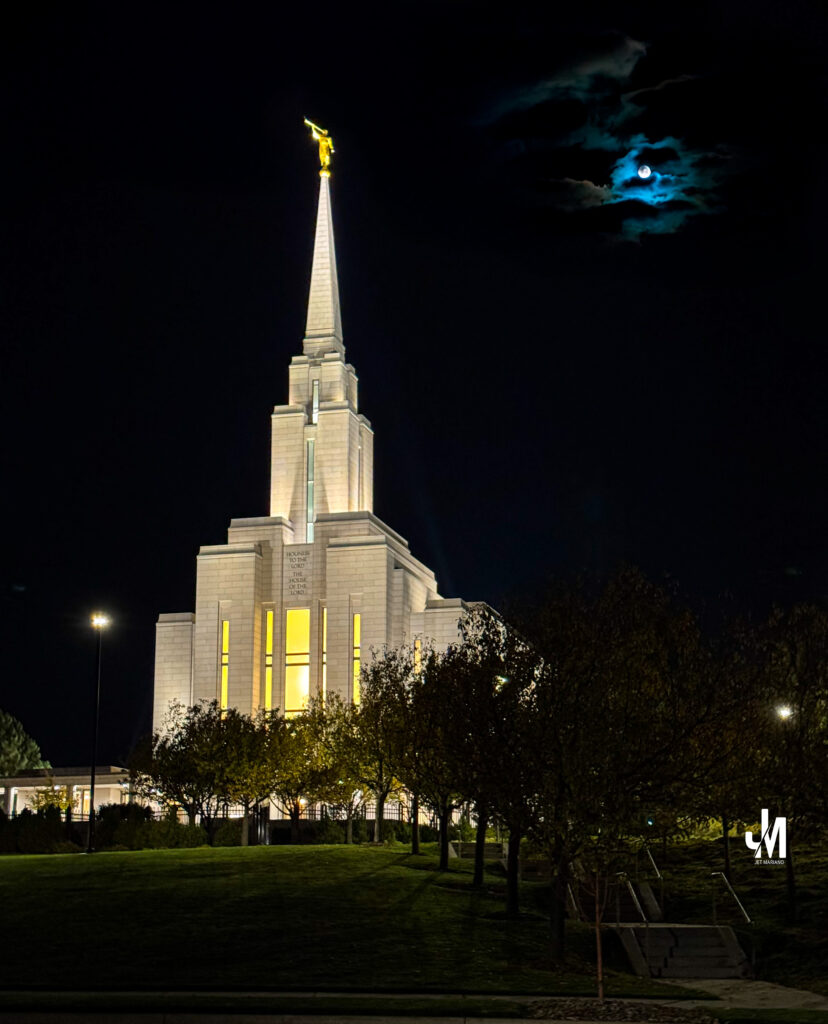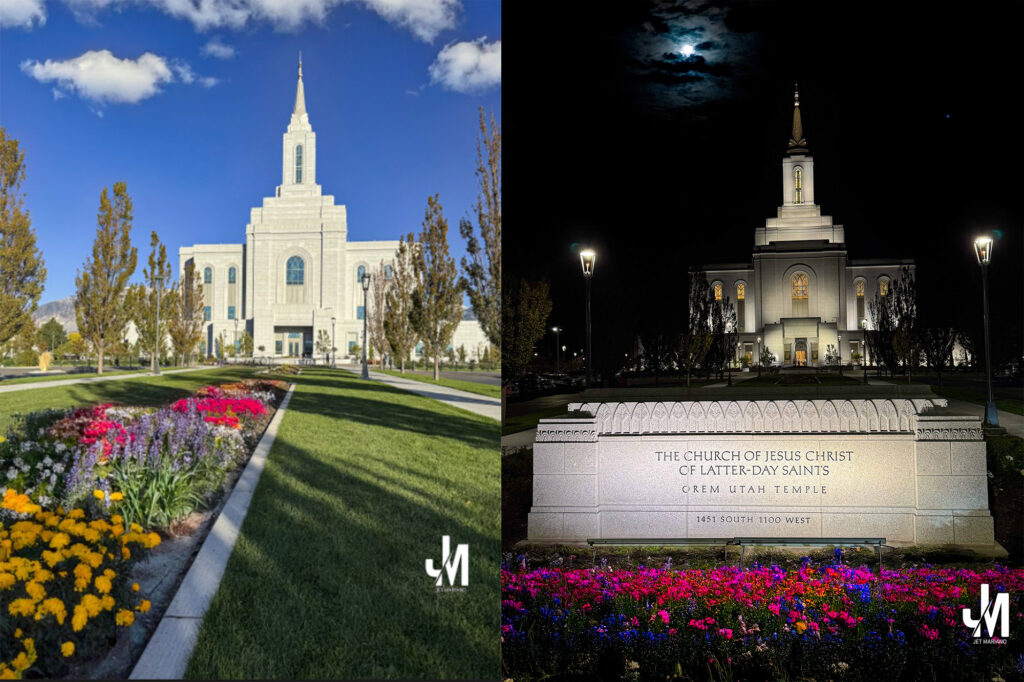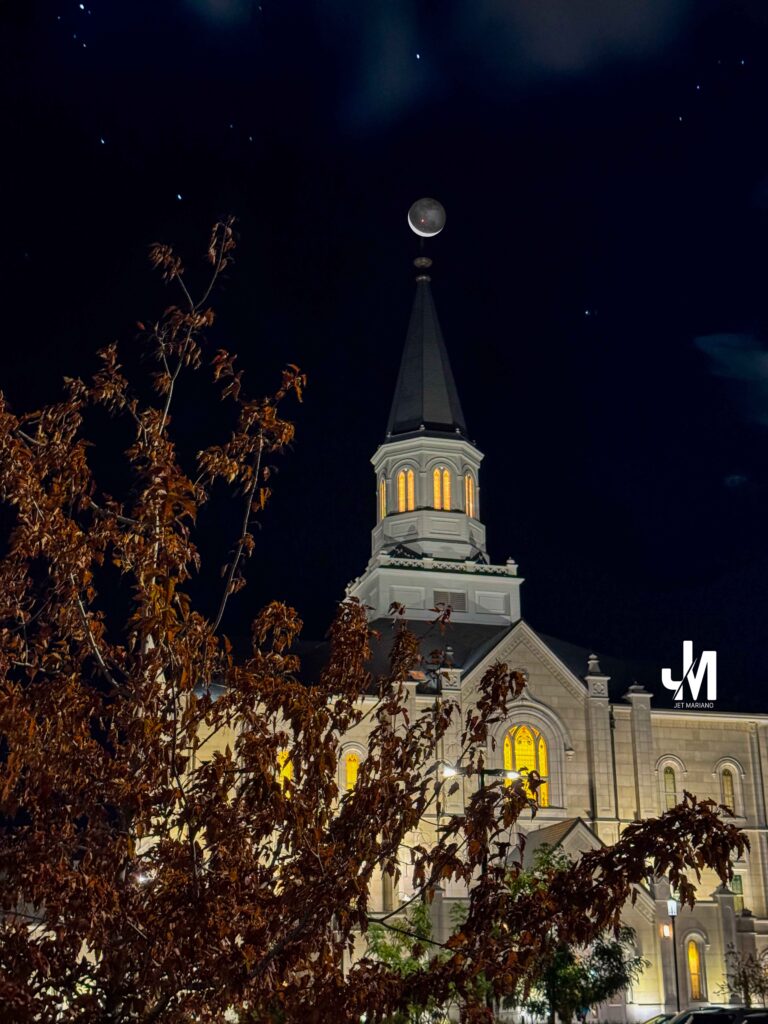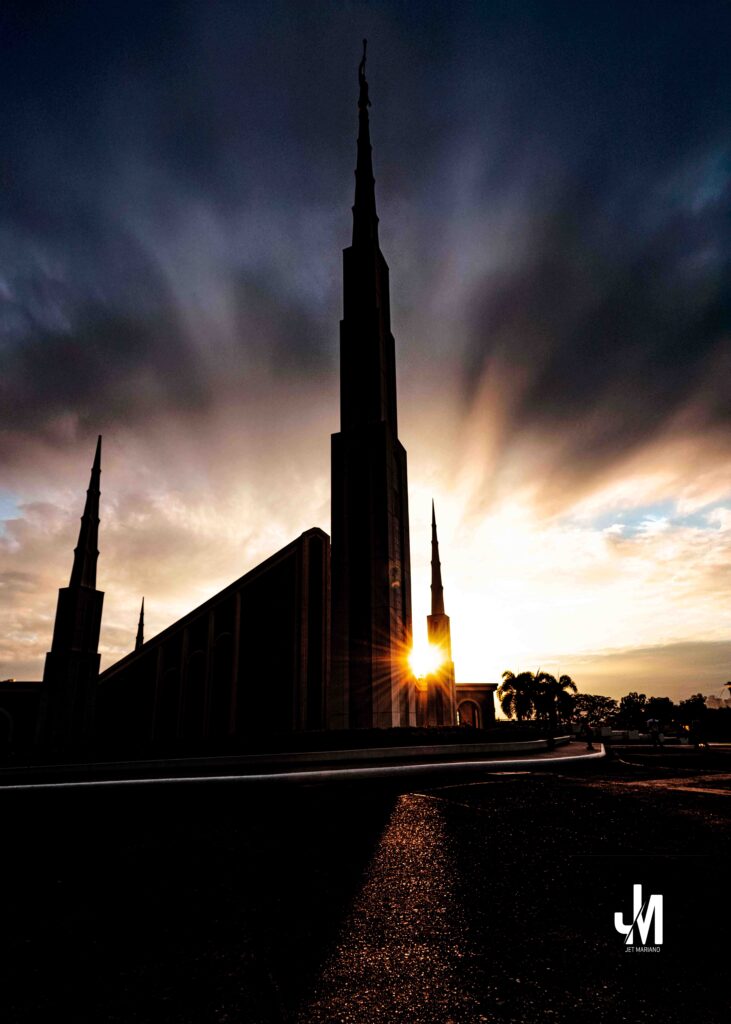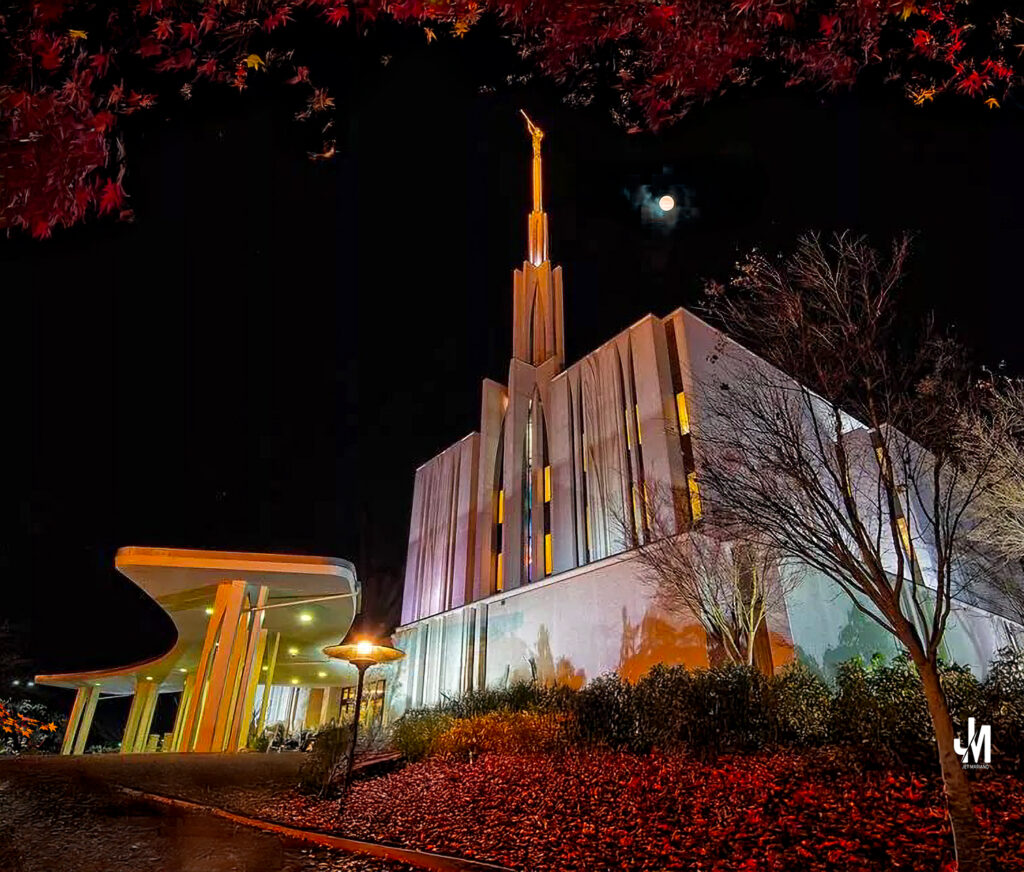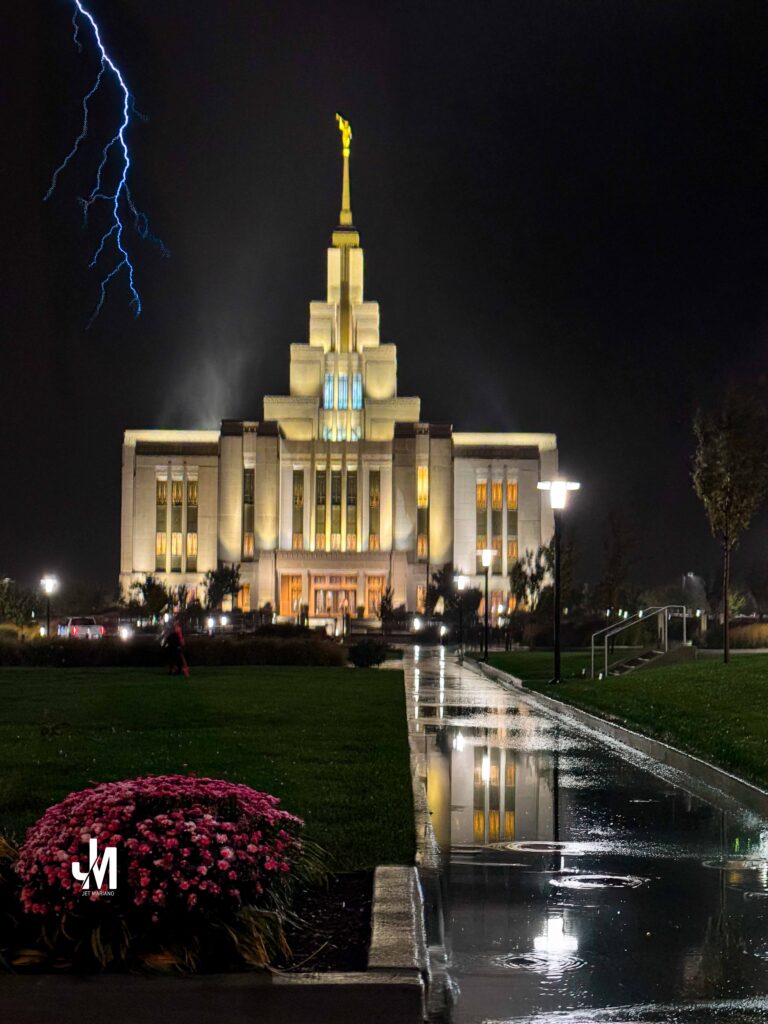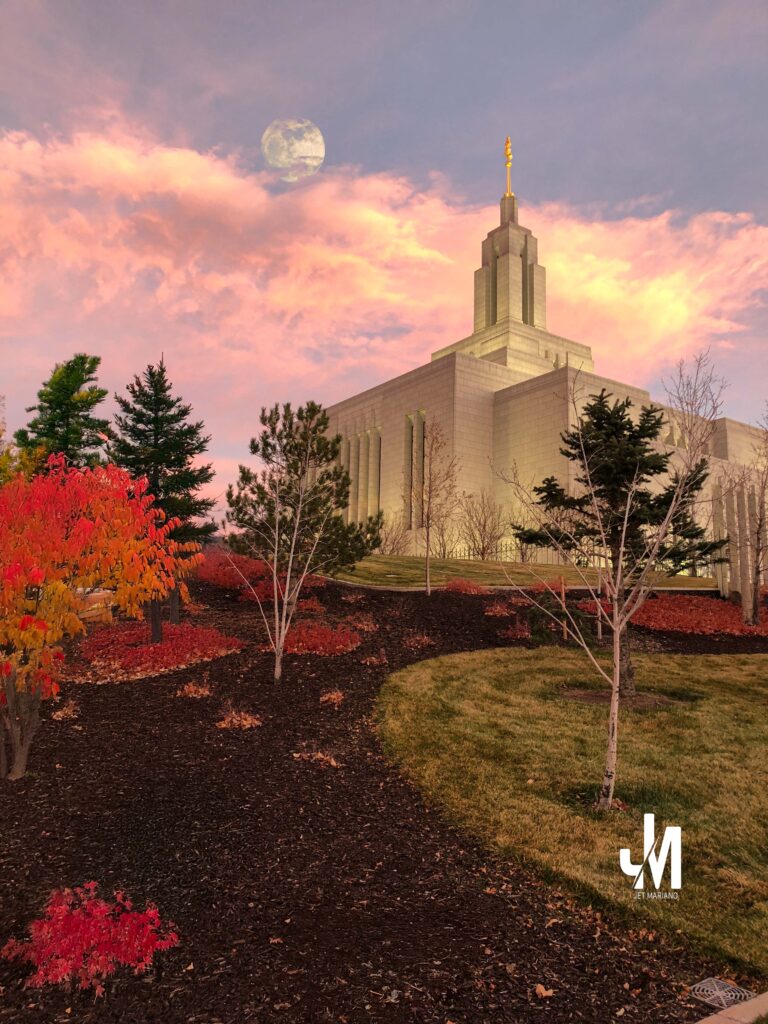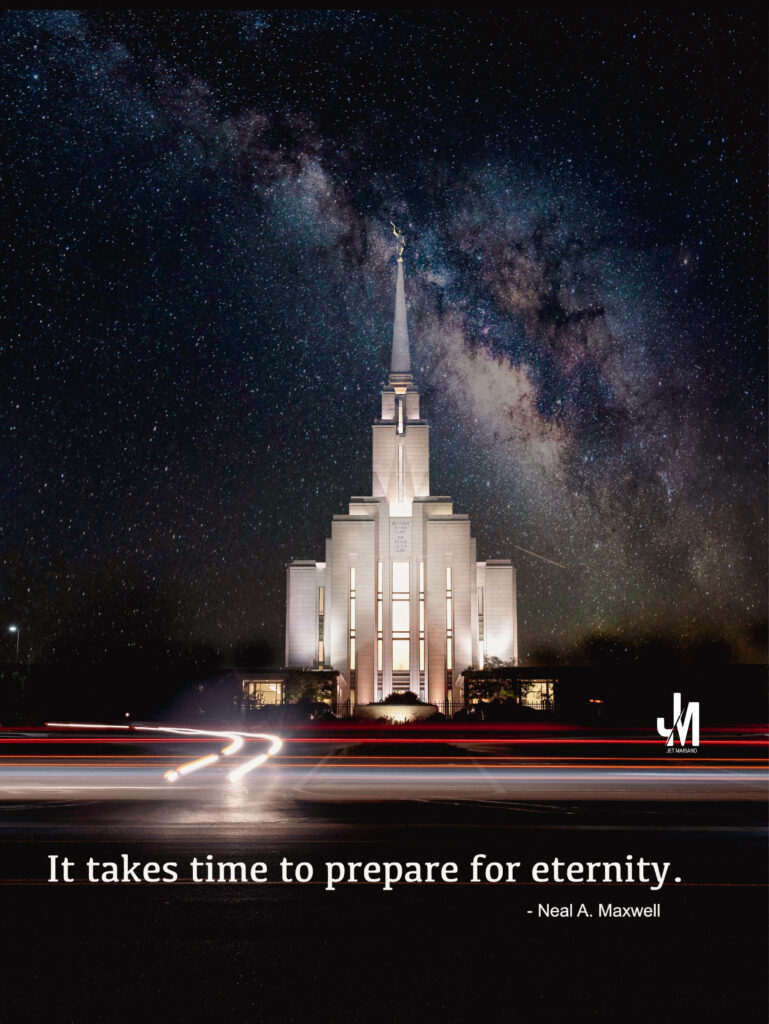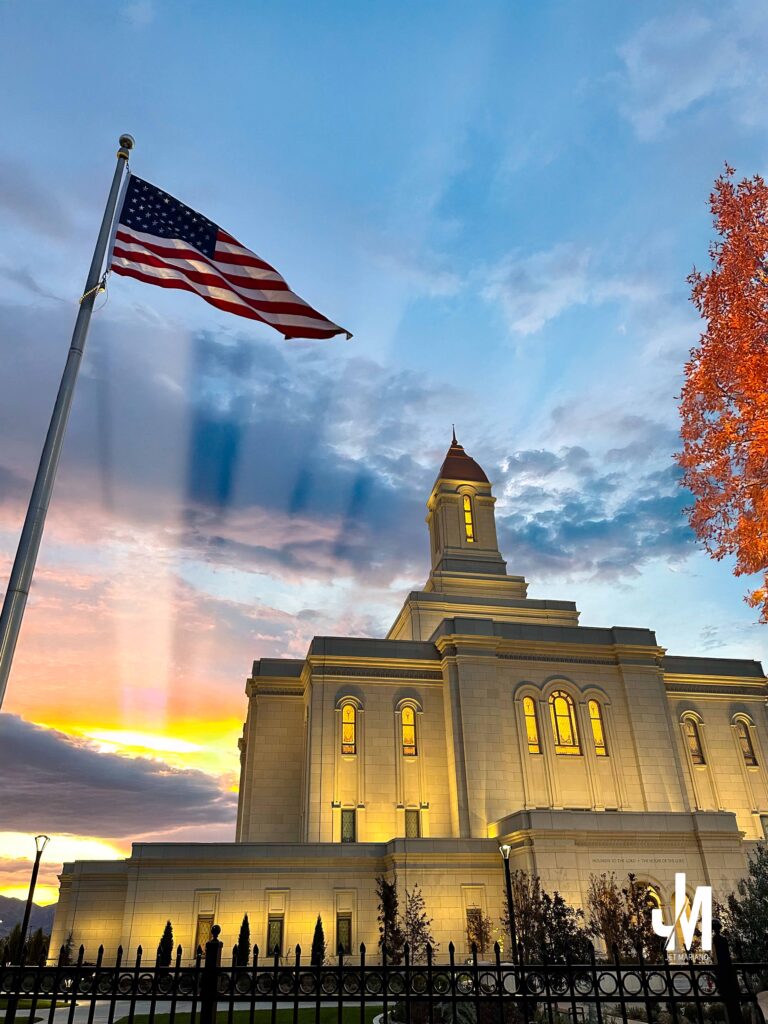Trust the Lord, for He sees your possibilities even when you do not. Elder Neal A. Maxwell’s counsel reminds us that, like Enoch, we can turn doubt into divine potential.

Excerpt:
Even when we feel inadequate, the Lord sees the builder of Zion within us—just as He did with Enoch.
Intro:
This morning at Juniper Crest Ward, I sat in the chapel and felt a deep sense of peace. Life continues to offer its share of challenges—both at home and at work—but I’ve come to see them as part of the Lord’s refining process. As I pondered Elder Maxwell’s words, the phrase “He sees your possibilities” filled me with quiet assurance that every experience, even the difficult ones, is part of His design to help me grow.
Notes from Elder Maxwell:
Elder Neal A. Maxwell’s twelfth Guideline for Righteous Living reminds us:
“Trust the Lord, for He sees your possibilities even when you do not.”
He taught that the Lord’s call to Enoch reveals how heaven measures potential differently than men do. When the Lord called Enoch, the young prophet protested:
“I am but a lad, and all the people hate me; for I am slow of speech.”
Yet the Lord saw something more. He saw in Enoch a builder of Zion—the only city in human history where righteousness never had a relapse. Enoch’s faith allowed the Lord to transform his weakness into strength and his fear into greatness.
Perspective:
I see a reflection of that same principle in my own journey. There are moments when I’ve questioned my worth or felt small in the work I do. But the Lord continues to remind me through scripture, prayer, and personal experience that He knows my capacity far better than I do. Like Enoch, my task is not to measure my ability—but to trust His vision.
Practice (today, not someday):
Instead of asking “Can I do this?”, I’m learning to ask “What can the Lord make of this?” I’ve seen His hand in small mercies at work, in strength during solitude, and in clarity during uncertainty. Each trial is not punishment—it’s preparation for the next assignment the Lord already sees.
Final Reflection:
The Lord doesn’t always reveal our full potential at once. Sometimes, He lets us walk by faith until we recognize what He already knew we could become. Like Enoch, if we trust Him, He will turn our limitations into instruments of Zion.
Pocket I’m Keeping:
“Possibility is heaven’s word for faith that kept going.”
What I Hear Now (direct quotes):
“Trust the Lord, for He sees your possibilities even when you do not.” – Elder Neal A. Maxwell
Link to the Talk:
21 Guidelines for Righteous Living – Elder Neal A. Maxwell
Photo caption (BTS):
Las Vegas Nevada Temple beneath the setting sun and a rising full moon. I climbed to a nearby ridge with a 500mm lens to capture distance compression—bringing the temple and the Las Vegas Strip closer together in one frame. In that balance of sacred stillness and the world’s brilliance, I saw a quiet symbol of what it means to trust the Lord’s vision beyond our own.
© 2012–2025 Jet Mariano. All rights reserved.
For usage terms, please see the Legal Disclaimer.
